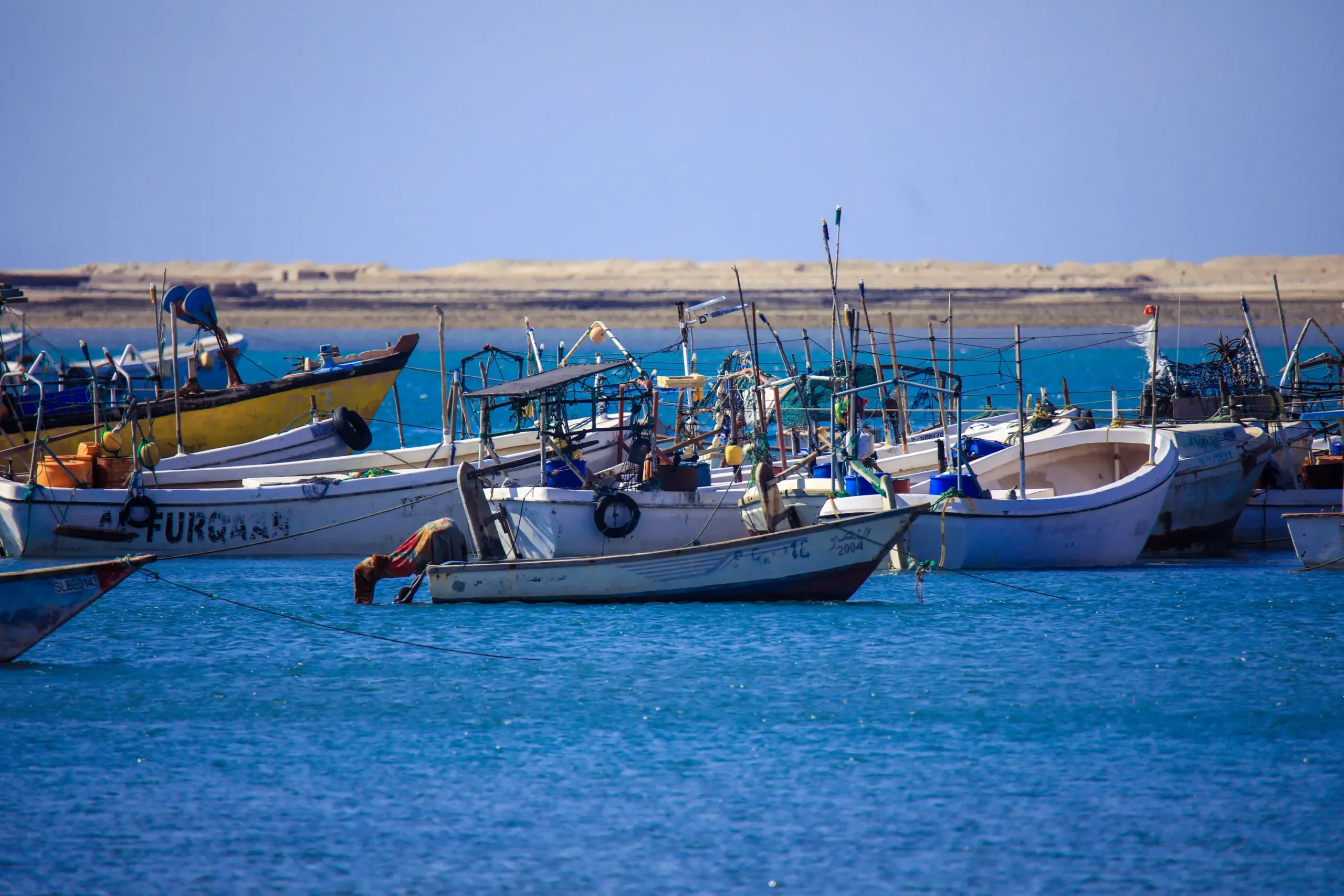5 Sep 2024
El-Sisi’s Visit to Ankara: A Key Diplomatic Move During Unrest
In a move with significant political and economic implications, Egyptian President Abdel Fattah El-Sisi embarked on an official visit to Ankara Sept. 4, 2024. This highly anticipated visit comes months after Turkish President Recep Tayyip Erdogan's visit to Egypt earlier this year and his invitation to President El-Sisi to Ankara. The current visit, considered a turning point in Egyptian-Turkish relations, aims to strengthen bilateral cooperation and open new avenues for coordination on regional and international issues. After a decade of tension and estrangement in the relations between Egypt and Turkey.
The Egyptian President's visit to Turkey is of special importance, as it is the culmination of a long phase of discussions aimed at restoring relations between Egypt and Turkey to their normal course. The rounds of talks and meetings concluded with Erdogan's visit to Cairo last February, which witnessed the announcement of the revival of the High-Level Strategic Cooperation Council for relations between the two countries in its new form, where both leaders co-chair the first meeting of the Council. The meeting also involved a comprehensive review of the Egyptian-Turkish bilateral relations and discussions on potential steps to further enhance the Egyptian-Turkish cooperation.
This analysis highlights the motivations of this visit and its implications on regional and Turkish politics.
21 Jul 2024
The Power of the Word: How the UAE Redefined International Mediation?
The 21st century has witnessed a resurgence of mediation as a pivotal tool for resolving international disputes. This resurgence is driven by the complexities of contemporary conflicts and the expansion of threats beyond traditional regional conflicts, civil wars, and political crises. The scope of security threats now includes issues such as climate change, cybersecurity, and transnational organised crime.
Several countries have played significant roles in mediation, leveraging their diplomatic acumen, political influence, and economic resources to facilitate dialogue and prevent escalation. Norway has consistently demonstrated its commitment to peacebuilding through active participation in resolving conflicts among the most prominent mediators. From Sri Lanka to Colombia and the facilitation of the Oslo Accords, Norway has embodied its ability to promote dialogue between seemingly irreconcilable adversaries.
Known for its multilateral approach and emphasis on consensus building, Finland initiated the Group of Friends of Mediation in September 2010, significantly contributing to peace processes in the Horn of Africa. Similarly, Switzerland, with its long-standing tradition of neutrality, has provided a safe and neutral venue for countless peace talks and negotiations, fostering an environment conducive to compromise and resolution.
Amid the resurgence of mediation in international diplomacy, the last decade has witnessed the emergence of non-Western actors in this field. At the forefront is the United Arab Emirates (UAE), which has become an essential player in the Middle East and beyond. Since its founding, the UAE has combined traditional Arab values with modern diplomatic practices to address the cultural complexities of regional conflicts, adopting a policy of promoting peace, security, and stability both regionally and globally.
The UAE’s commitment to mediation is evident in its numerous initiatives aimed at calming conflicts and crises, including active mediation in the ongoing conflict in Yemen, facilitating dialogue and humanitarian aid, playing a crucial role in reconciliation efforts between India and Pakistan; its pivotal role in the historic 2018 peace agreement between Ethiopia and Eritrea, marking a significant achievement in regional stability; facilitating prisoner exchanges between Russia and Ukraine, showcasing the UAE's diplomatic reach; mediation efforts between Russia and the United States (U.S.), further highlighting the UAE's influence; and hosting the COP28 Climate Conference in Dubai, underscoring the UAE's active participation in global diplomacy.
However, the path to mediation is fraught with challenges. The inherent complexities of many regional conflicts, the conflicting interests of the parties involved, and the need to balance mediation efforts with national interests can hinder the achievement of sustainable solutions. Additionally, maintaining neutrality in polarised situations, limited influence over non-state actors, and potential capacity constraints are challenges that the UAE must overcome to ensure the continued success of its mediation efforts. Hence, the UAE’s role as a rising international mediator, focusing on the factors that enabled its rise, its mediation strategies, and the impact of its efforts on regional and global conflicts will be examined.
17 Apr 2024
Twin Flames: Ethiopia, Somaliland and the New Horn of Africa
In January of 2024, landlocked Ethiopia officially considered the formal recognition of Somaliland, which declared independence from Somalia in 1991 and remains an unrecognised de facto state. This potential agreement, which would be in exchange for access to the Gulf of Aden through the port of Berbera, reignited tensions with neighbouring Somalia. Although the exact details of the agreement have not yet been fully disclosed, Somalia considers it to be an annexation of territory potentially. Still, its demands for an end to the agreement have seemingly been ignored by its neighbours.


